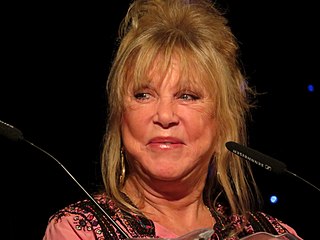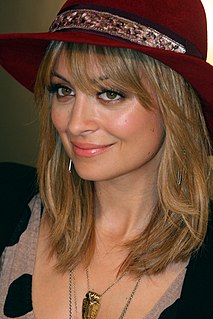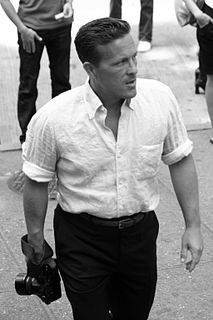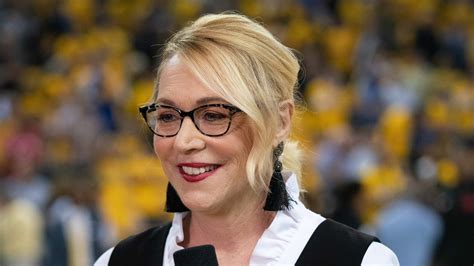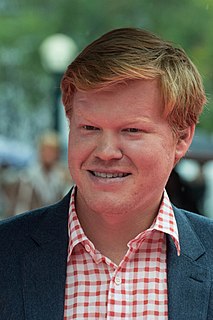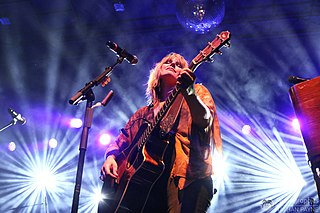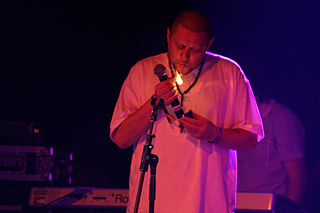A Quote by Bella Hadid
I would love to try trends from the '60s and '70s and on but still keep my look modern and young.
Related Quotes
The 60s were a continuation of the 50s much more than people realized. Certainly in some countries, like Britain, there was still a culture of deference, whereas in the 70s we really are in a time of angry transition. The generation that came into young adulthood in the 70s couldn't find jobs; that wasn't true in my generation. They entered a time when two depressing things hit them both at the same time.
I'm hugely inspired by the '60s and the '70s. I just love the music of that time and the overall freedom of that era. I love that the idea of clashing didn't really exist. You could mix prints on prints, you could mix fabrics and colors - and it was more about the way you felt than about the label and trends. That's something that I've always gravitated towards.
I guess when I was younger, I'd have assumed that in 2008 music would be full of great writers following in the tradition of the young great writers of the '60s and '70s, but it hasn't turned out that way, or at least there are no other writers around that I look at and think: 'Wow, I'm outclassed, I need to get out of this business.'
I don't at least for me I don't ever really look for trends. I'm looking for just what captures my attention at that time and rarely do I ever look back and try and put together trends or say this kind of trend is important. For me it's about the individual expression and if you go back and look through the archives you might find certain things become trends, but it's just not something that particularly interests me.
Something I always wanted to do, to capture that later half of the '70s. It's like the early half of the '70s is still the '60s, in that there's still kind of a playfulness and inventiveness in terms of design and the things that were going on in the culture. The second half, it got much more commodified. It's possibly the ugliest era of architecture and clothes and design in the entire 20th century, from 1975 to '81 or '82.
Trends suck you in, anywhere in the world, patterns you don't even see. It's so easy. Look at Wall Street - look at any sports team in the world - there are trends. Look at exercising. Nothing but patterns and trends, and that's what I started to see. Like a flock of birds all flying in one direction.
When I was a kid, a lot of my parents' friends were in the music business. In the late '60s and early '70s - all the way through the '70s, actually - a lot of the bands that were around had kids at a very young age. So they were all working on that concept way early on. And I figured if they can do it, I could do it, too.
When I began writing poems, it was in the late 60s and early 70s when the literary and cultural atmosphere was very much affected by what was going on in the world, which was, in succession, the civil rights movement, the antiwar movement, and the women's movement in the 60s, 70s, and into the early 80s. And all of those things affected me and affected my thinking, particularly the Vietnam War.


